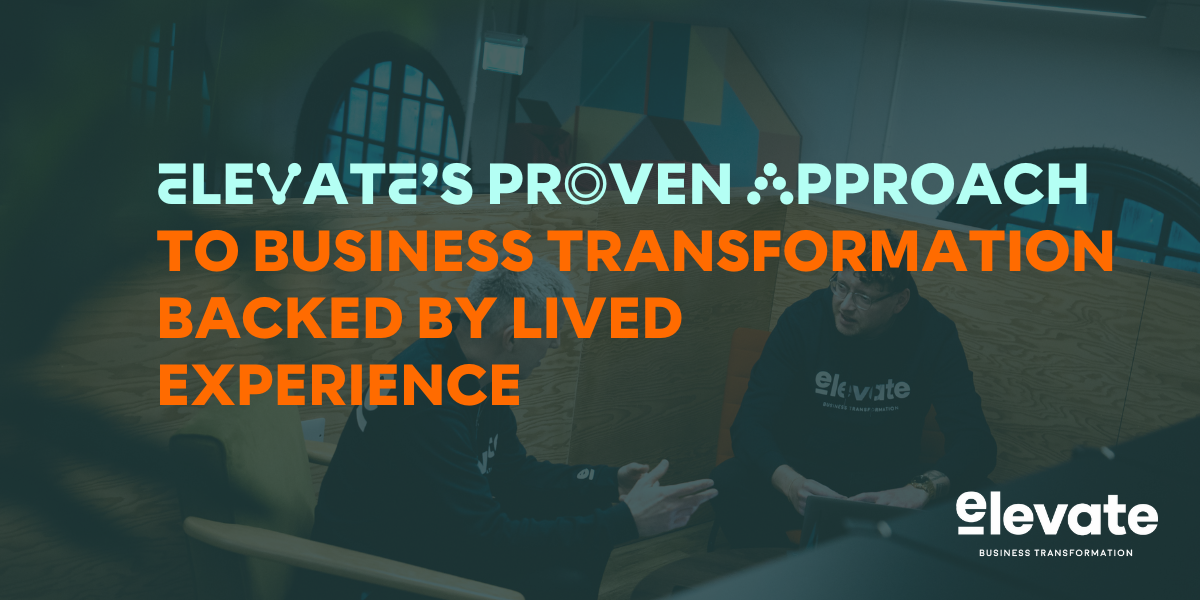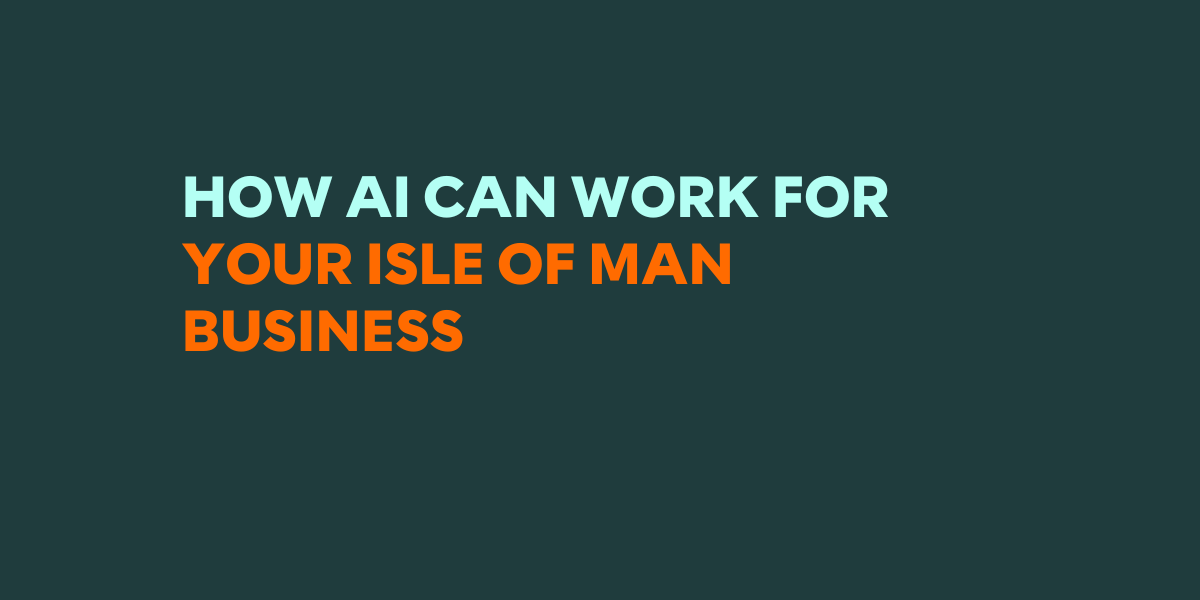International Women's Day Q&A
05 March 2020

To mark International Women's Day 2020, we sat down with the Chair of Digital Isle of Man, Lydia Barbara, where we discussed everything from how she started out in the digital industry to vertical farming and the importance of educating girls about careers in STEM.
How did you get started in the digital industry?
As can happen with any transition, there were periods of overlap. I do not come from a wealthy background, and I started financially supporting myself since before university. During my university studies, I worked full-time to cover rent and living expenses as well as tuition fees (this was in America, so fees are higher than here). Halfway through my studies, I discovered a latent talent for poker, and I was fortunate enough to be able to make enough money playing to abandon other employment. I played in some of the first online poker rooms and even picked up some additional work as a proposition player for online poker rooms, keeping an eye out for potential fraud and welcoming new players whilst keeping my winnings. I wasn’t a glamourous tournament player – I’ve never been on TV or won stacks of money, but playing online and live poker netted me more money than I would have been able to get in a traditional job at that time.
I always saw being female at a poker table as a distinct advantage, one that vanished once I was online but was readily apparent at live games. After playing a lot of hours at a table, stereotypes emerged.; one was the male player who never believed a woman could hold a good hand, he’d call her down to the river regardless of his own hand or the shared cards. As long as I was able to change up my play to adapt to the tendencies of other players (as any good player should), this type of male player was quite lucrative to play against.
After graduating university, I decided to move into the management side of the poker industry. I’d been involved in running and hosting various live games, which I enjoyed, and I was looking for more reliable pay. Even the best player (which I was not) has bad days, yet it’s rare for an employer to give you a negative paycheck. At this point, I knew some people who knew some people who were starting an online poker network from Malta. I signed up as an entry level support agent with them, a significant pay cut at the time, with the hope of quickly working my way up the corporate ladder.
How did you find your entry into the industry as a woman?
There were bumps. My first week on the job, I realised I was the only person in the customer support department who understood poker. The entry-level position for poker people was fraud detection. I’d joined the company alongside my boyfriend-at-the-time (also a poker player; we’d met at a game and played together frequently). He was immediately routed into the fraud team, when I was sent to customer support. When I enquired if I could move to work with the poker players, I was told that “fraud detection is for people with analytical minds.” It took me a little while to realise my line manager was referring to anatomy there, but not brains. There were no women in the fraud team, but the CS team was almost entirely female.
Within six months, I was managing a small team. Within four years, I was the operations manager for another poker company entirely. I still wonder sometimes how differently my career path would have been if I’d started on the security side instead of support. Perhaps significantly, perhaps not at all. In any case, I’m not unhappy with how it has progressed.
There have been other times in my career when it was apparent that working hard, producing good results, putting my hand up for new projects and getting along well with others were not sufficient for moving up. I found this had more to do with the social networks I moved in, an issue adjacent to and often overlapping the infrequency of female promotions.
Since starting in the gaming and tech industries, I’ve never had a female line manager, or in fact a woman anywhere above me in the chain of command. There have been occasional female managers more senior to me, but they were always in marketing, HR or finance, separate departments entirely, and ones which often suffer a gender imbalance going the other direction.
What technology most excites you at the moment?
There are two at the moment, both food-related. Vertical farming is like greenhouses turned up to 11. Compared with traditional farming, you can grow substantially more food without soil or pesticides and with over 70% less water. I’ve read that a 30-story building can produce as much food as a 2,400 acre farm, but year-round and without concern for weather disturbances.
The technology is maturing rapidly, but researchers haven’t yet figured out how to grow staple crops like wheat, corn or rice. When they do, it will be a breakthrough.
Similarly, but more controversially, there is good progress being made with cultured meat (meat which has been grown in a lab using animal cells). Right now, cultured meat (also called “clean meat” or “lab-grown meat”) is prohibitively expensive for mainstream consumption, but that will inevitably change. As the science improves and the prices drop, this type of meat will inevitably replace that which comes from living animals. It’s meat without cruelty or environmental devastation; the potential market is huge. In addition to people like Bill Gates and Richard Branson, the largest US meat producer, Tyson Foods, is investing millions into the technology.
As the global population grows and with increasingly erratic weather patterns due to climate change, technologies such as these will become increasingly vital.
If you could have a blank cheque to launch a new, innovative product (driven by new technologies) what would it be?
Vertical farming and cultured meat have more in common than just food: they require a lot of energy to run. If I had unlimited funds, I would use them for clean energy production.
What does the male to female ratio look like at a senior level on the Isle of Man?
I don’t have statistics for how many women vs men there are in senior roles on the Island. I do know that I am still frequently the only woman in the room during strategic or higher-level meetings. The problem exists; there is no getting around that. It is less clear what the economic impact of it is, or what immediate solutions might exist.
How would you suggest a solution to the overall skills shortage within the industry, with a focus on female leads?
This is a global problem, not an Isle of Man one. It’s also a complex one that may take generations to solve. Short-term, companies should make a greater effort to hire and promote more women. There could also be a greater effort put into re-skilling women to move departments. I do not mean to suggest this is easy: recently I hired a programmer into my team, and I had over 20 applications from men of varying skill levels and nationalities, and none at all from women. But if it was easy, it wouldn’t still be a problem.
Longer-term, we need to do a better job of educating girls about STEM careers. This is the reason why I’m on the committee for Love Tech, a local charity that runs events and a mentorship programme for girls and young women (although boys are welcome at the events too). You can find more information about Love Tech at www.lovetech.im.





